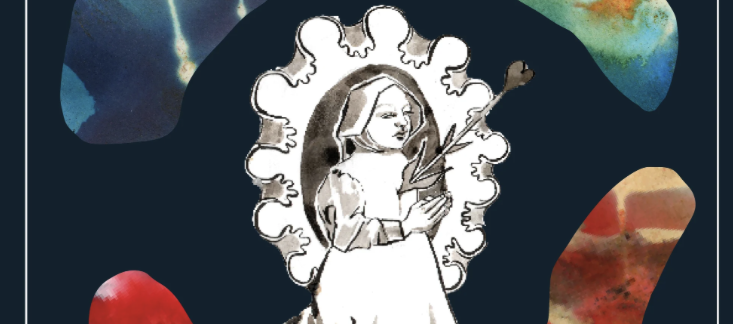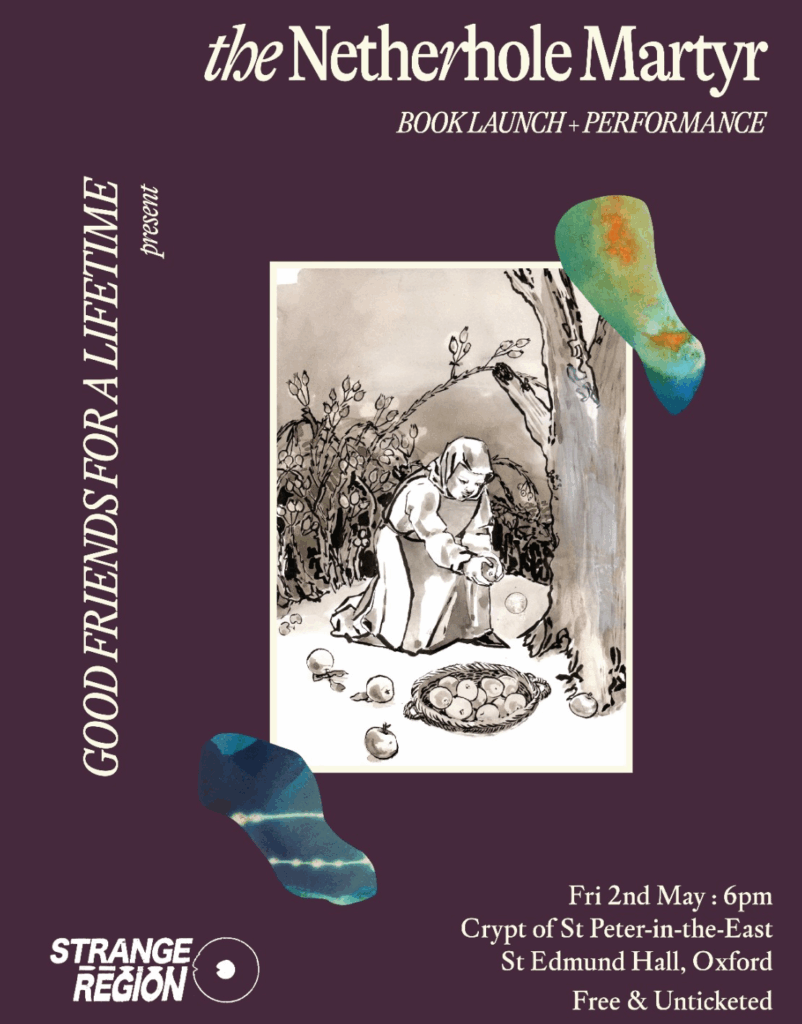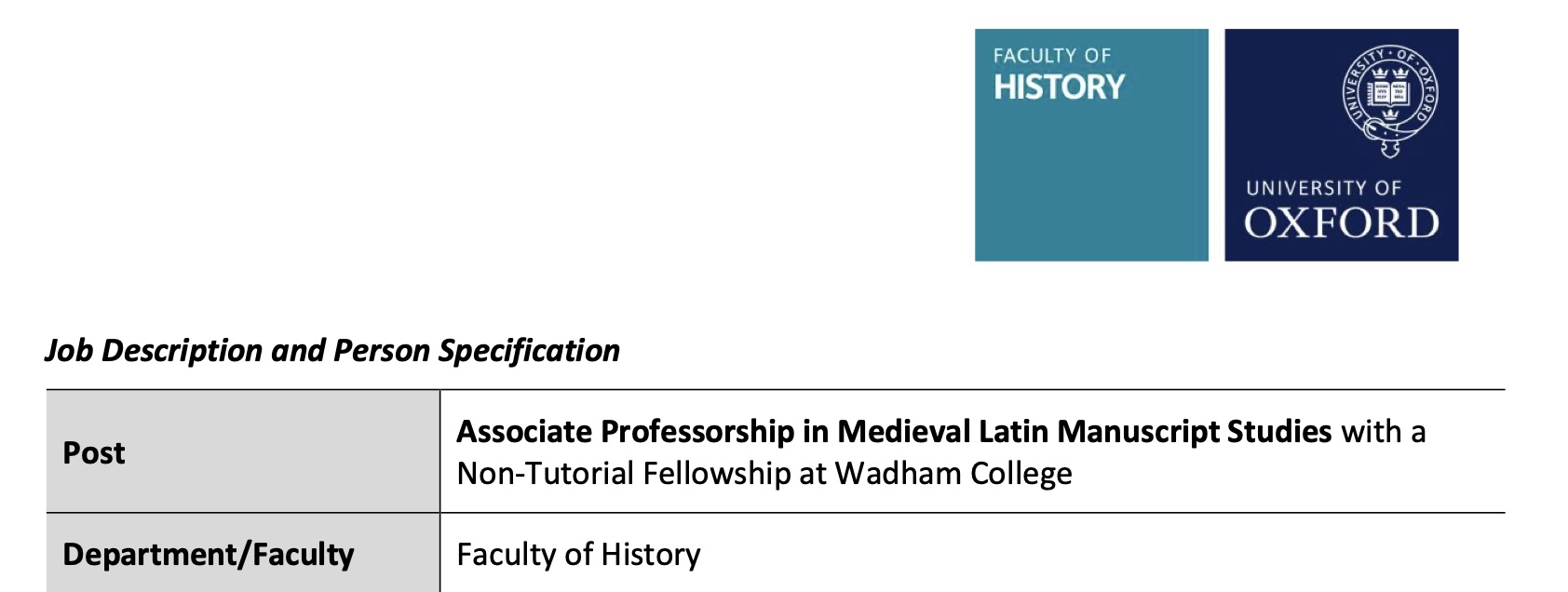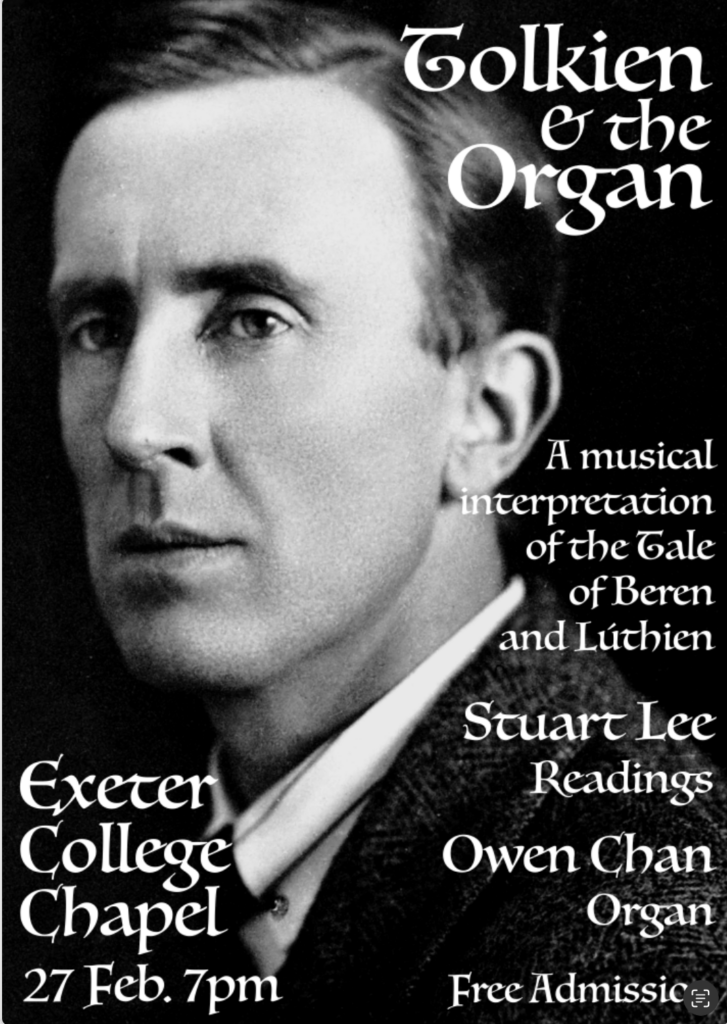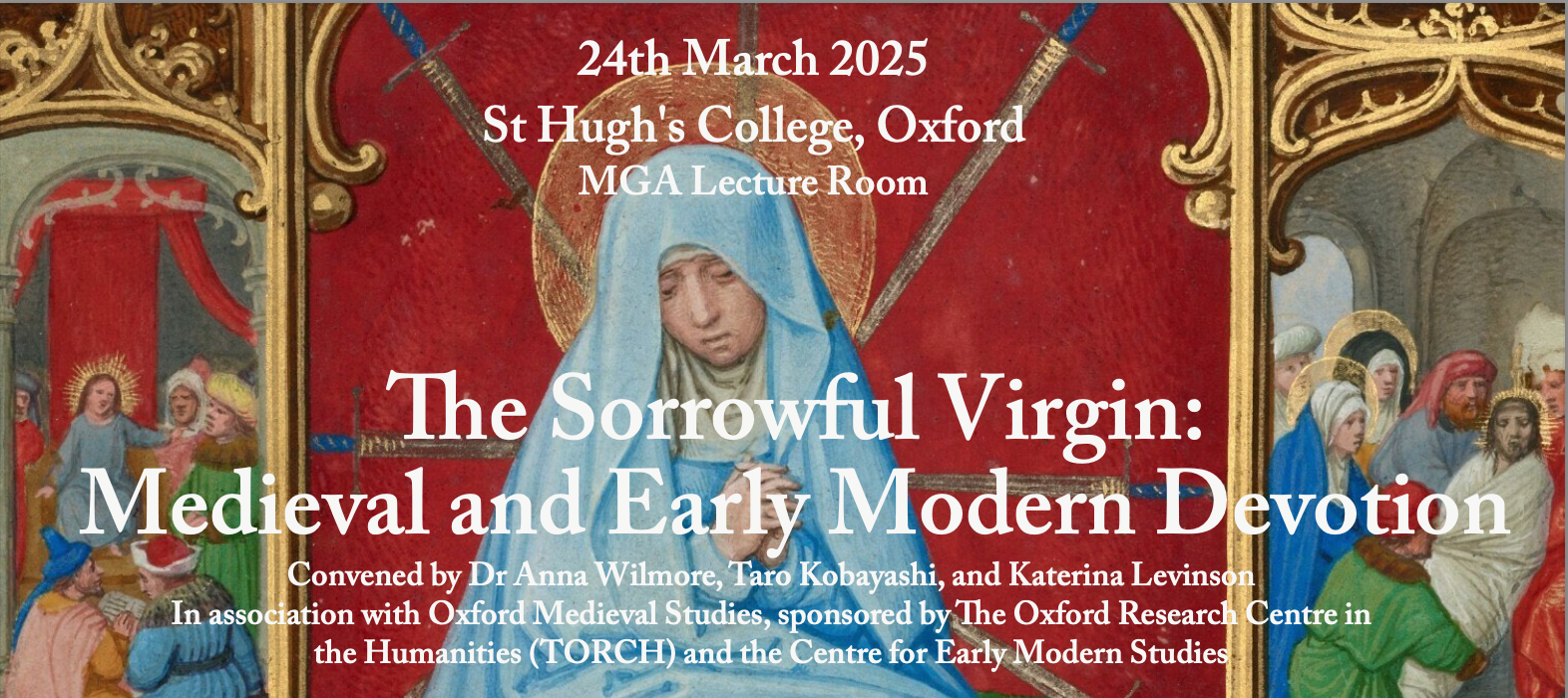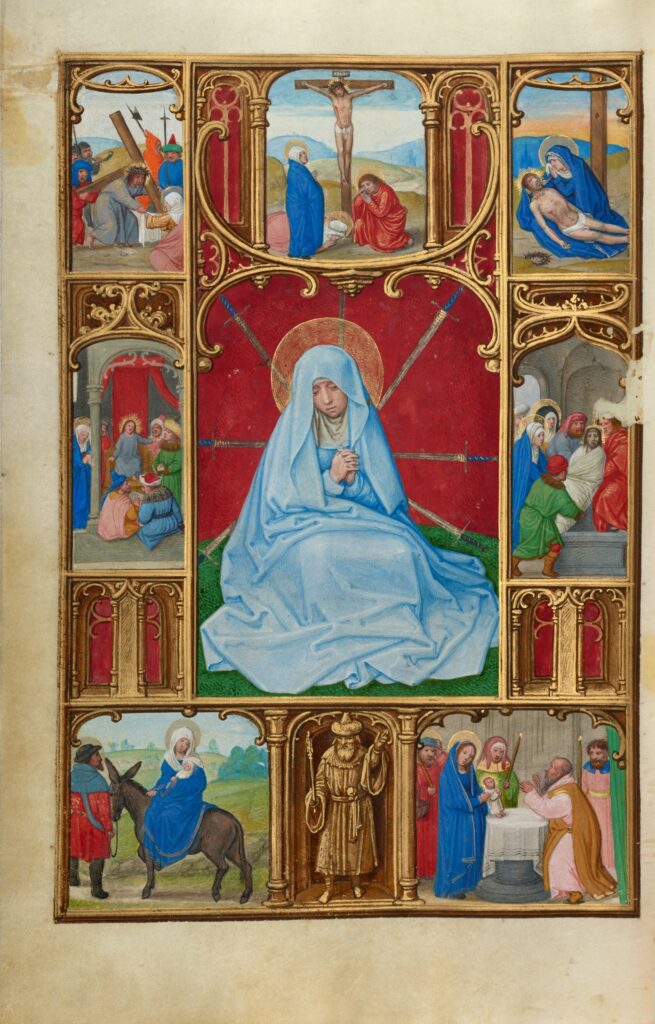When? 28 March, 18:30–20:15
Where? Research Centre, Thatched Barn, Christ Church Meadow
The anonymous English Enterlude of Godly Queene Hester (c. 1529) is a fascinating play, unperformed since the 16th century. Ostensibly in praise of Esther, heroine of Jewish history, the play is actually a political satire about the demise of Cardinal Wolsey. The fall of Wolsey, who had been the monarch’s right-hand man, was a key moment in the reign of Henry VIII. Assuerus, King of Persia, stands for Henry, while Aman, the model of the evil counsellor, for Wolsey. Henry’s wife, Katherine of Aragon, is idealised in the figure of Hester, who fills a traditional role for virtuous royal women by interceding with her husband, but also boldly argues that queens should exhibit the same virtues as kings and can perfectly well govern kingdoms when their husbands are away fighting wars! She thus anticipates the strong secular heroines of Shakespearean comedy.
Originally, the play would have been performed by a boys’ company so it is appropriate that it will be staged by Edward’s Boys. This company, from King Edward VI School, Stratford-upon-Avon, has, over the last two decades, revolutionised our understanding of the early modern repertoire. Alongside the English Enterlude, they will also present a short purimshpil, a Jewish folk play. The purim plays (still a living tradition in Yiddish) tell the story of Esther in a very different mode, celebrating the rescue of the Jewish people by their heroine in farcical style. The production is part of the WOMARD project, which explores connections between Jewish, Christian and Islamic Theatre and is sponsored by the SNSF.
Book your ticket here
The performance will be preceded by free talks, on Esther in Reformation Europe, and the purimshpil:
16:00-16:45 Professor Cora Dietl, talk on ‘The Esther tradition and Reformation in medieval and early modern Europe‘
16:45-17:15 Rabbi Bex introduces the purim tradition, and a Q and A session with Bea Baldwin
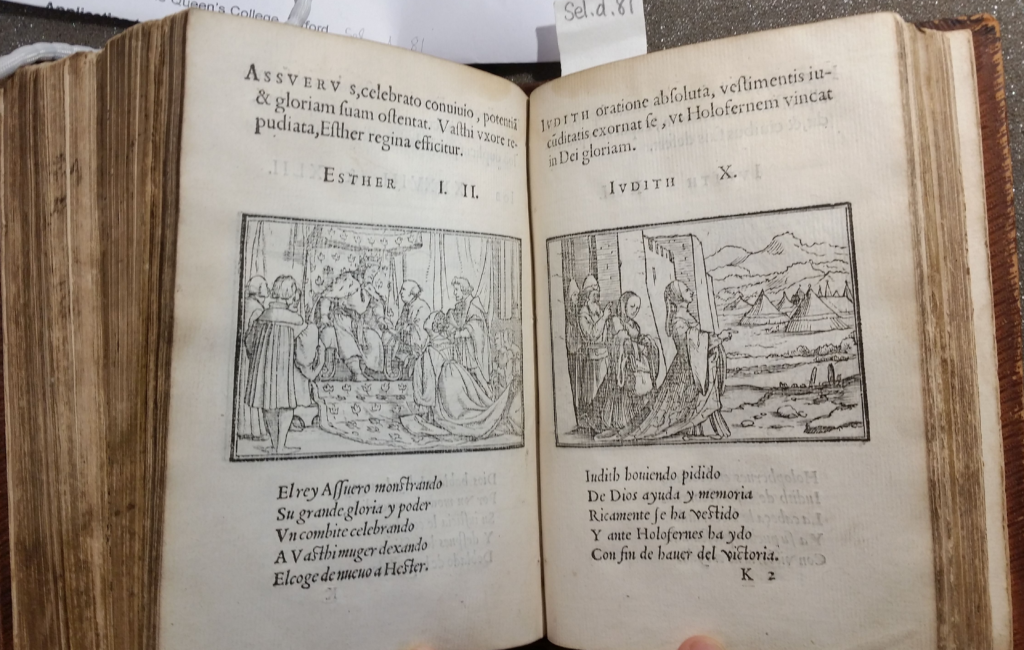
Retratos o tablas de las historias del Testamento viejo, : hechas y dibuxadas por vn muy primo y sotil artifice. Iuntamente con vna muy breue y clara exposicion … de cada vna dellas en Latin, con las quotas de los lugares de la sagrada scritura de donde se tomaron, y la mesma en lengua Castellana, para que todos gozen delas. Frellon, Jean, -1568 M. D. XLIX. | En Lion de Francia, : [Excudebat Ioannes Frellonius] | [52] leaves : ill. ; 4⁰

